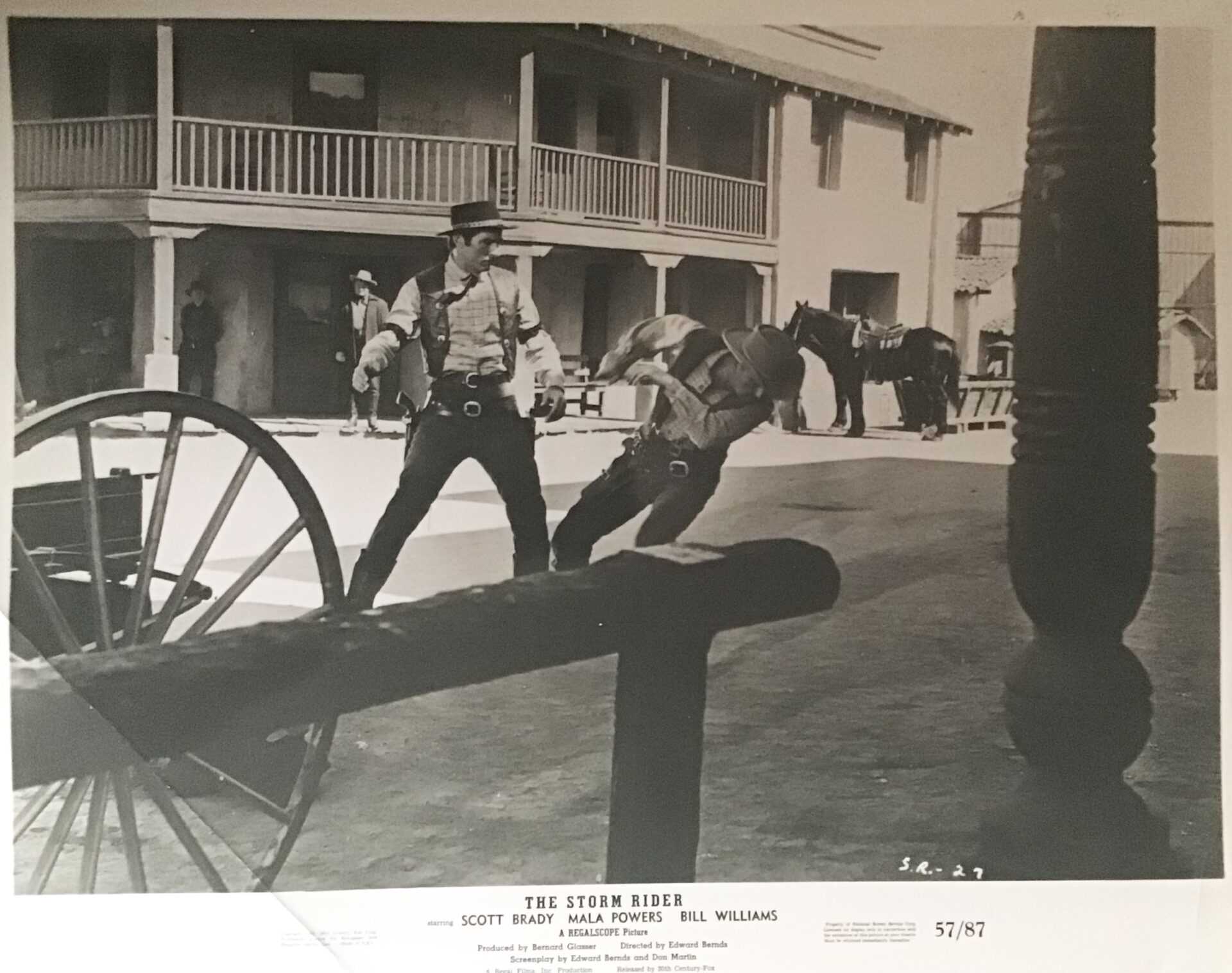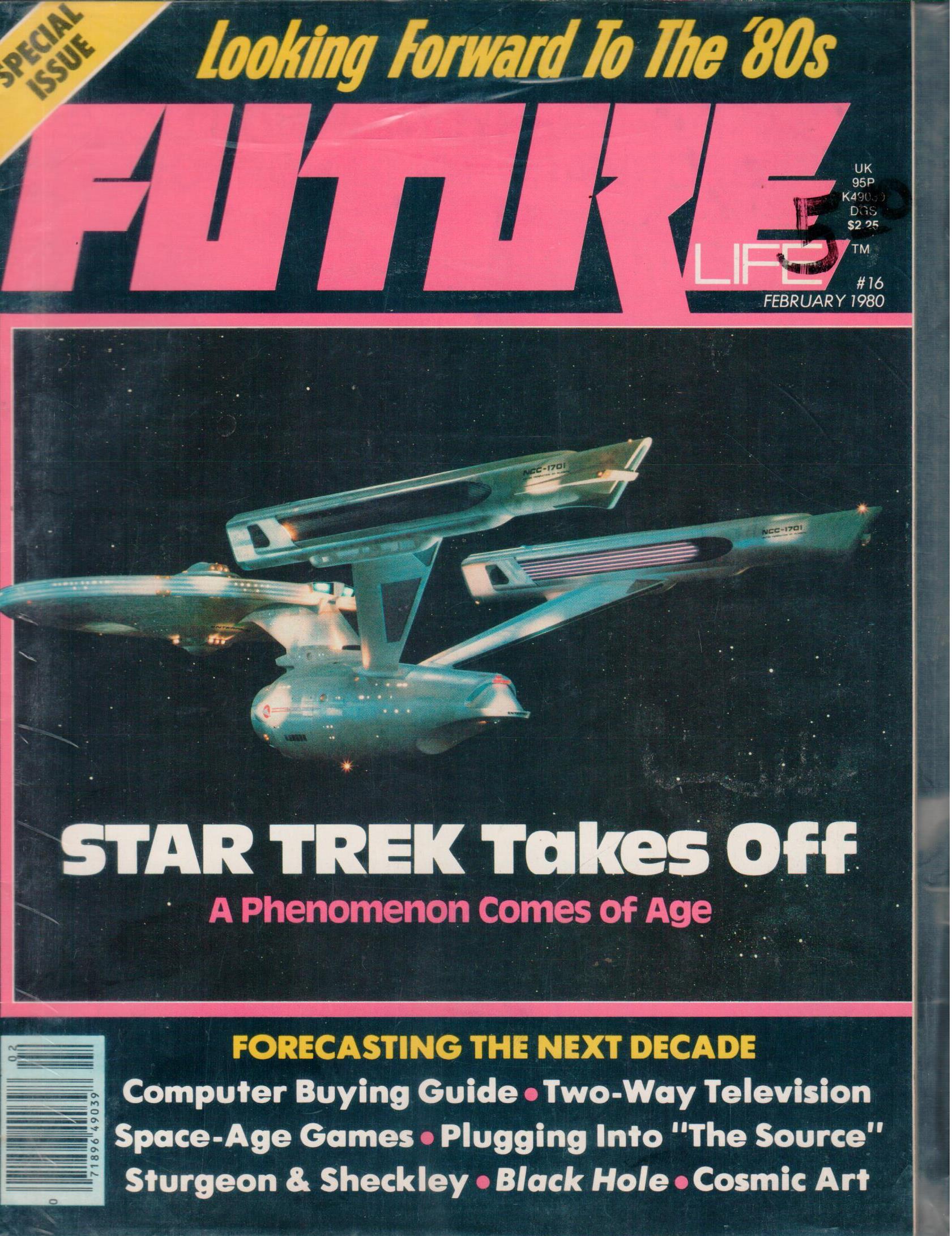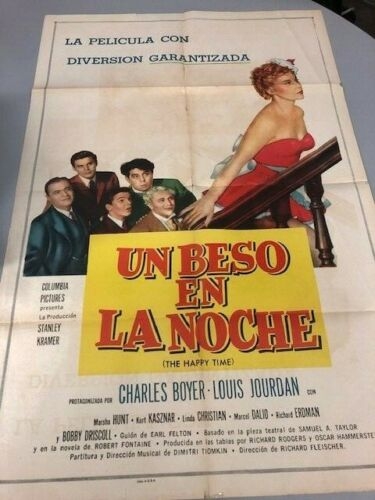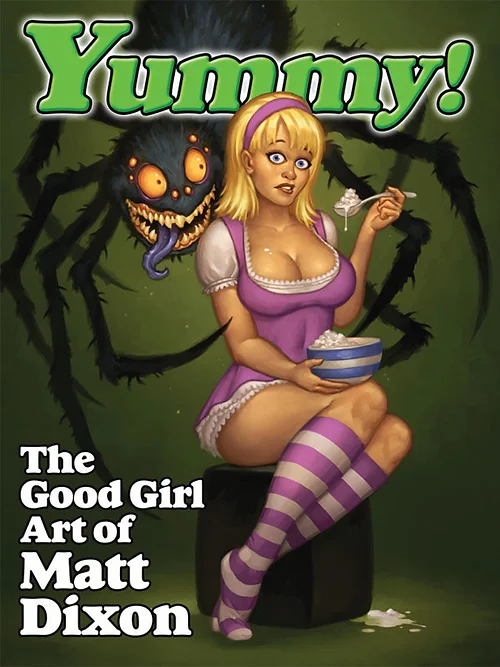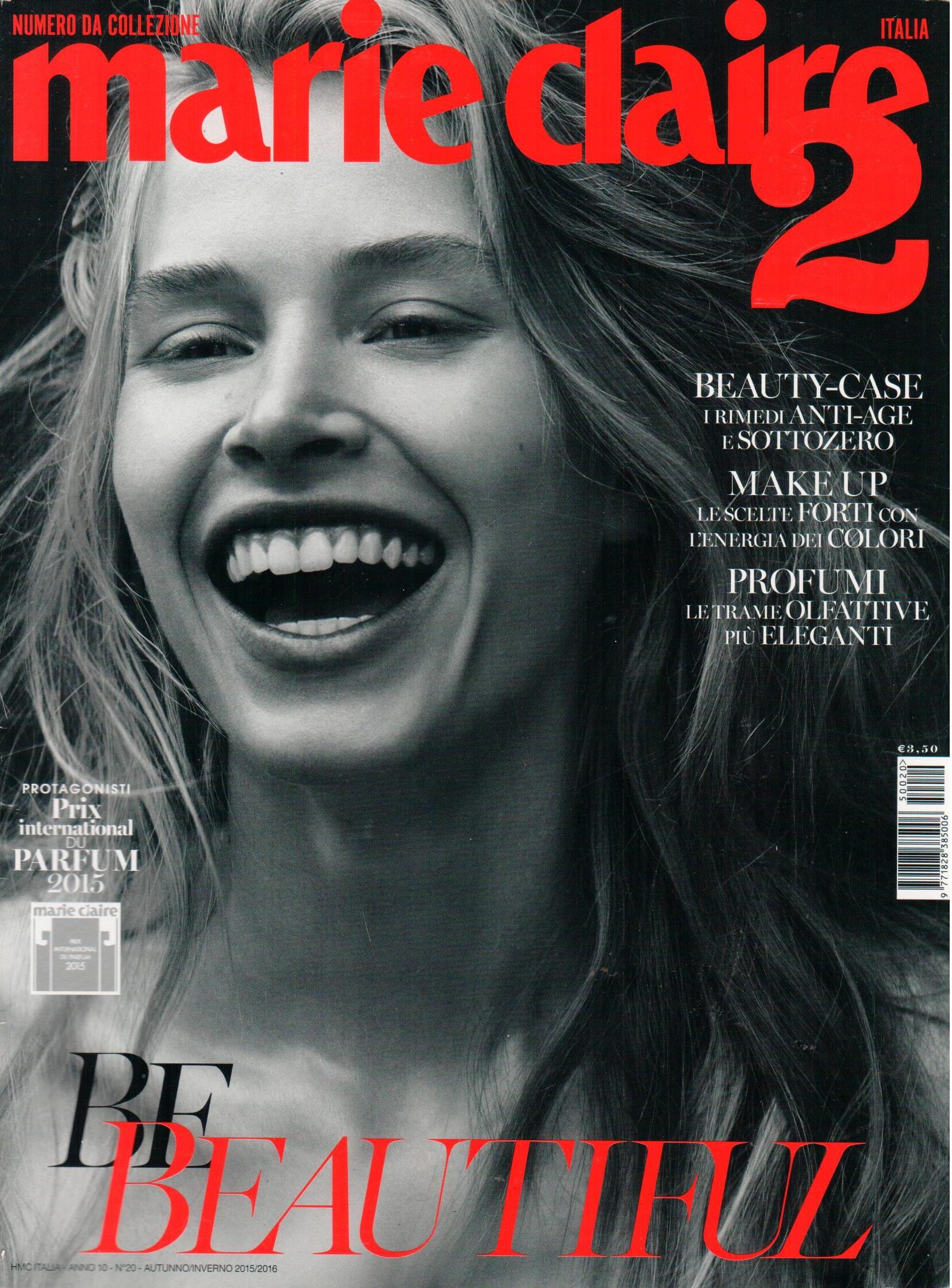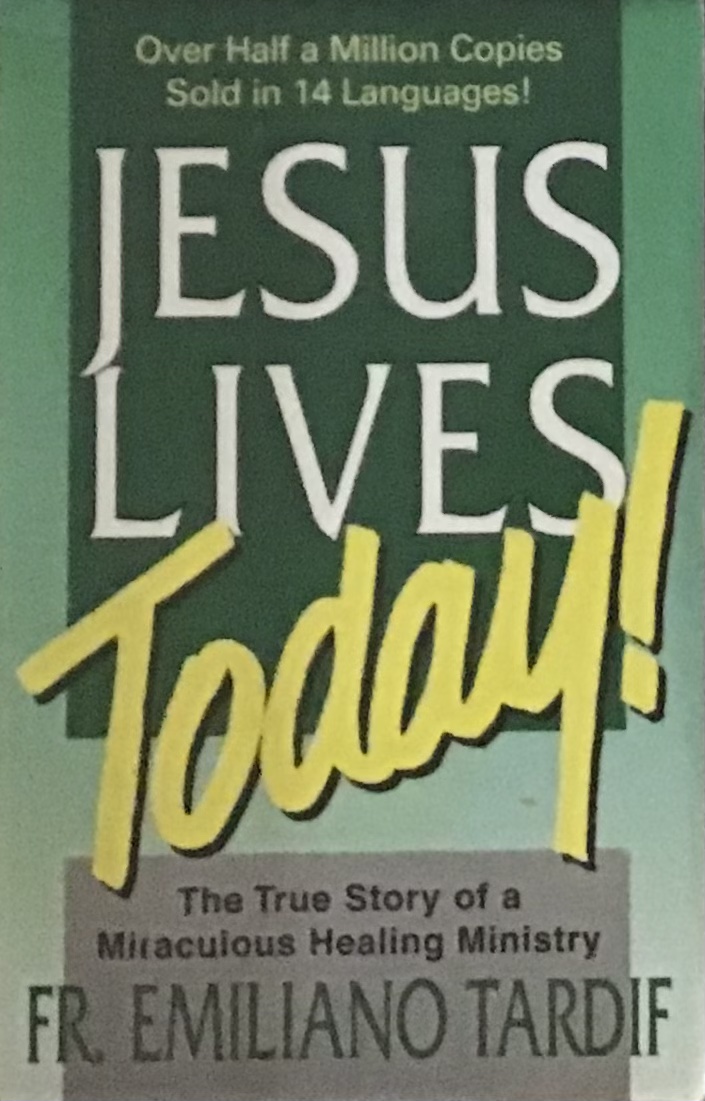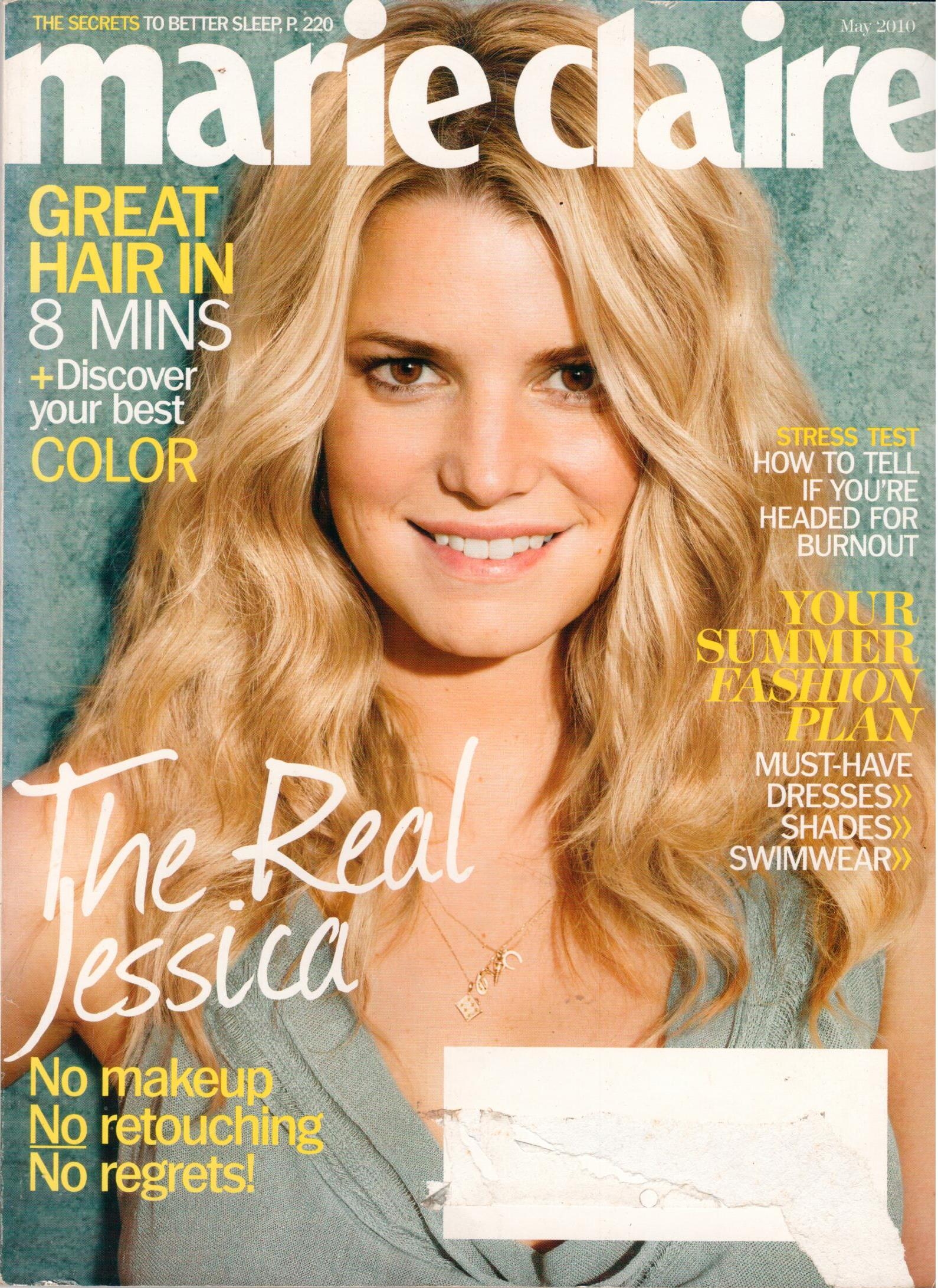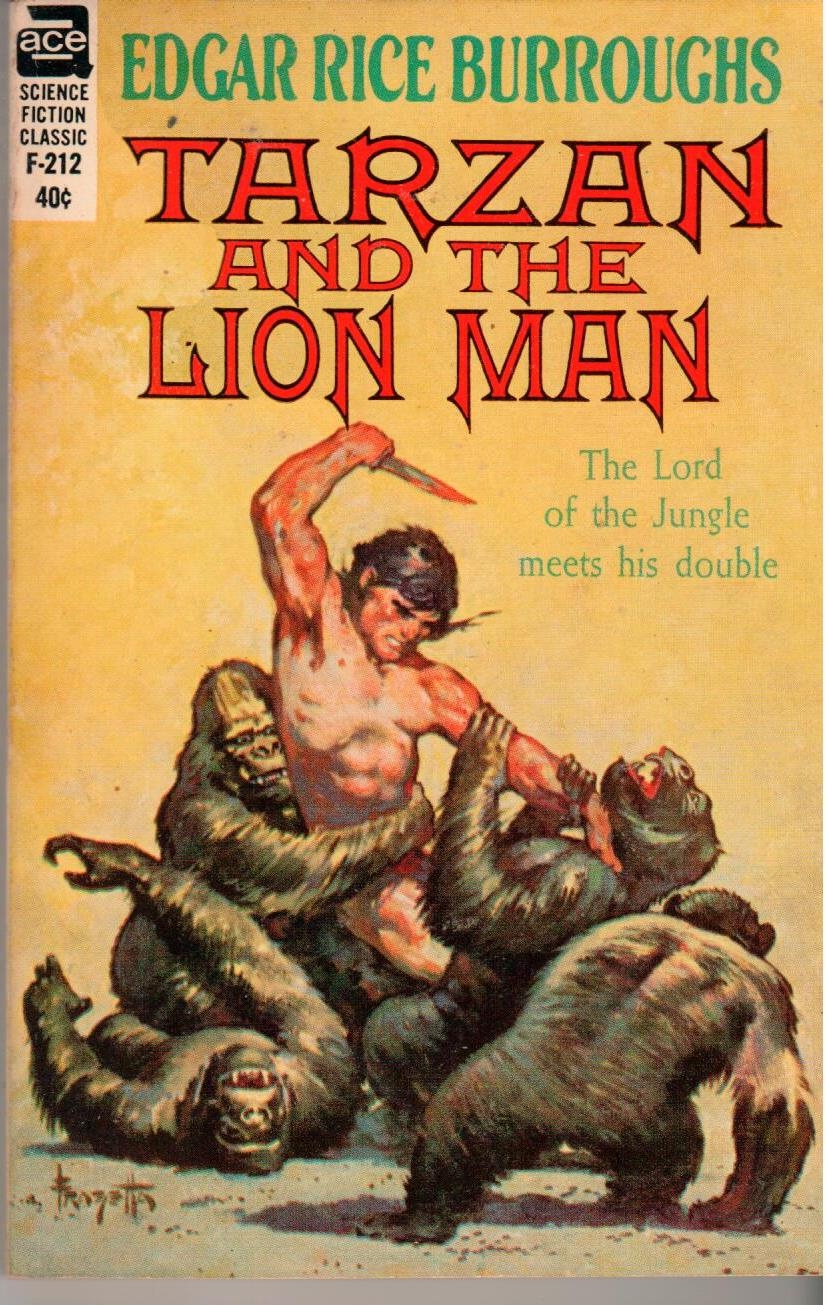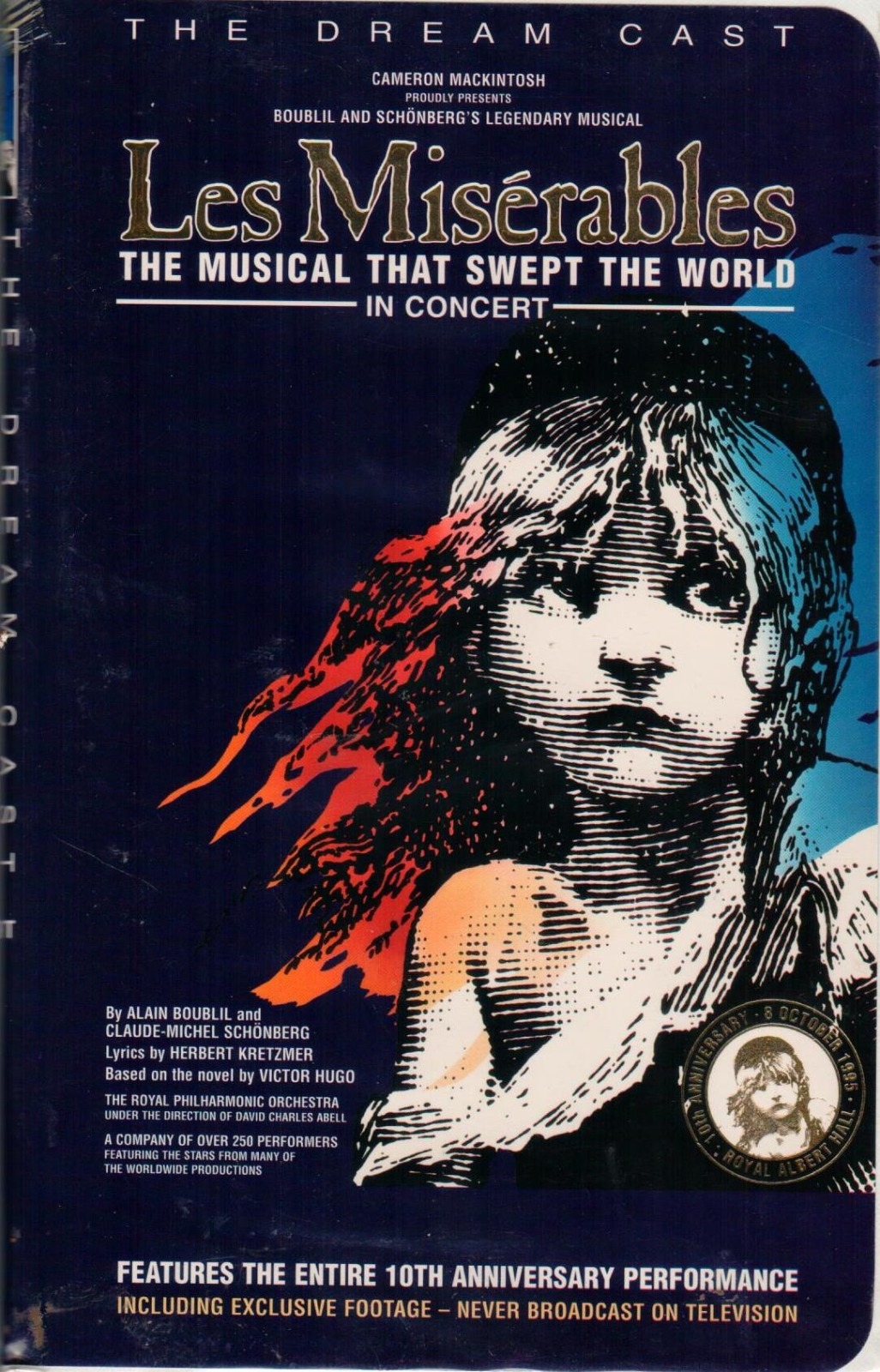From Wikipedia, the free encyclopedia
Sapphire is a 1959 British crime drama film. It focuses on racism in London toward immigrants from the West Indies, and explores the “underlying insecurities and fears of ordinary people” about those of another race.[2] The film was directed by Basil Dearden, and stars Nigel Patrick, Earl Cameron and Yvonne Mitchell. It received the BAFTA Award for Best Film and screenwriter Janet Green won a 1960 Edgar Award from the Mystery Writers of America for Best Foreign Film Screenplay.[3] It was considered a progressive film for its time.[4]
Earl Cameron, who plays the part of Sapphire’s brother,[2] also appears in Flame in the Streets (1961), another British film dealing with racial issues.[5]
Plot[edit]
Some children playing on Hampstead Heath in London come across the body of a young light-skinned woman who has been stabbed to death. Police Superintendent Robert Hazard (Nigel Patrick) and his assistant, Inspector Phil Learoyd (Michael Craig), follow the lead of the woman’s handkerchief, monogrammed with an “S,” and eventually discover that her name was Sapphire Robbins (Yvonne Buckingham), a music student. Her brother (Earl Cameron), a doctor working in Birmingham, is notified. Her fiance, an architecture student named David Harris (Paul Massie), claims to have been in Cambridge at the time of the murder.
An autopsy reveals that Sapphire had been three months pregnant. The police are surprised when Dr. Robbins arrives, and they learn that he is black. He and his sister were mixed race, but Sapphire was able to “pass” as white. Robbins is professional in his bearing and proud, sceptical that the police will actually try to solve his sister’s murder.
Investigating Sapphire’s life and acquaintances, the officers find that she frequented nightclubs with black clienteles, leading them to look for another possible boyfriend. Learoyd is quick to jump to racist assumptions about the victim’s behaviour, but Hazard is nonjudgemental and sometimes counters his assistant’s biased views. Interviews with other possible witnesses or connections to the case reveal a range of racist attitudes in the white population.






